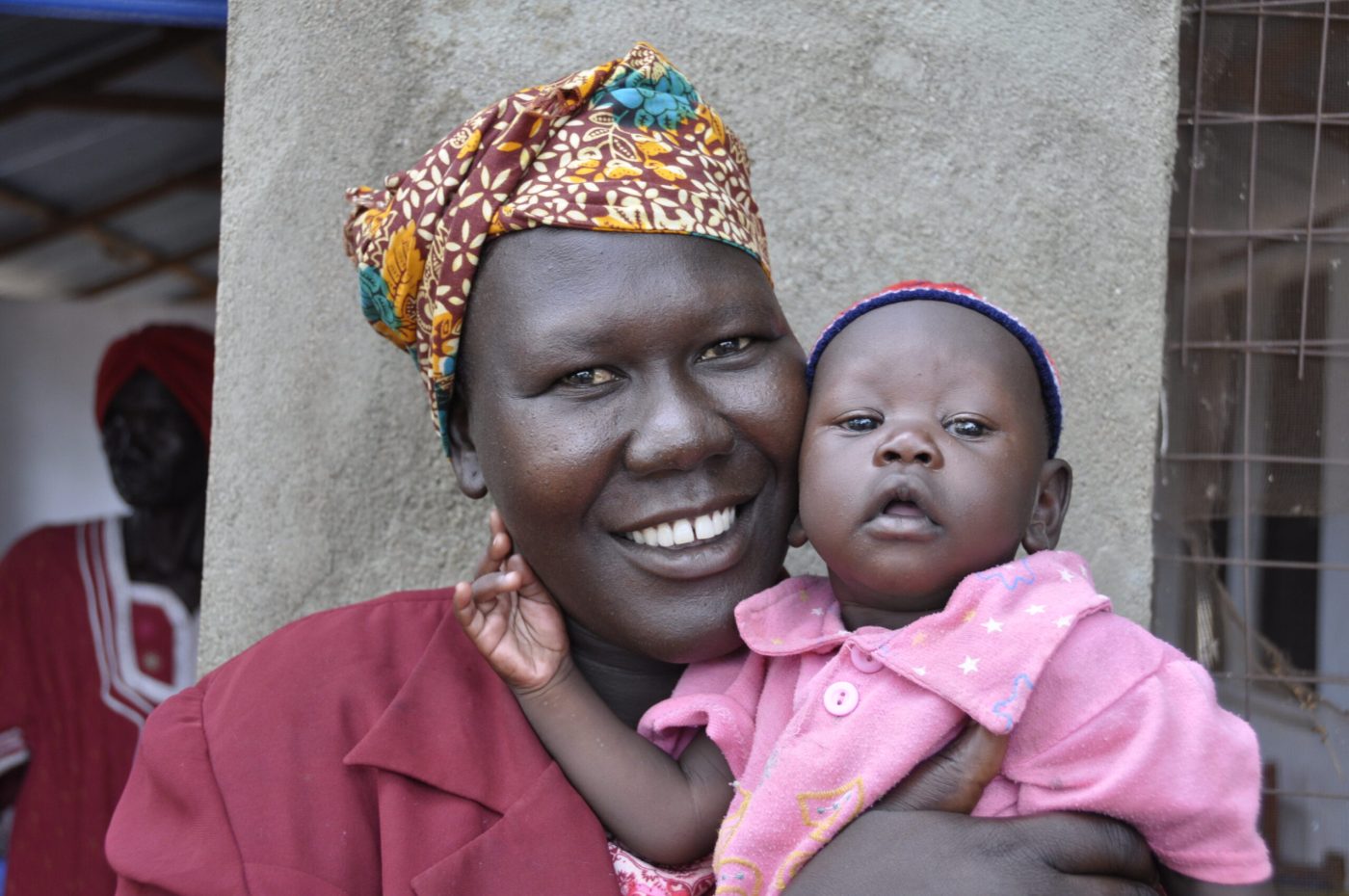South Sudan



Since 1995, HealthNet TPO has provided primary healthcare and hospital services in the region of South Sudan. We focus on strengthening the health system, improving mental health, and preventing gender-based violence. We collaborate with local authorities and involve community leaders to build resilient communities.
South Sudan experiences conflict involving government forces, opposition groups, and militias, causing civilian casualties and displacement. This situation disrupts stability and worsens economic challenges, with declining oil revenue limiting the government’s capacity to provide social services.
Conflict and food insecurity have forced many to flee their homes, resulting in overcrowded camps with limited access to food, water, and sanitation. Over a third of Sudan’s refugees have sought safety in South Sudan.
Sexual and gender-based violence remains a concern within the conflict. Conditions for pregnant women and mothers are among the most challenging globally, with high maternal mortality rates.

people received healthcare through our health facilities.
people reached and sensitised with health education messages.
children were treated for severe malnutrition.
women supported by skilled birth attendants in health facilities.
My engagement has empowered women to become more vocal about their rights, leading to a decline in gender-based violence and greater reporting to community authorities.— Joko Jackline, Psychosocial Focal Person, South Sudan

In 2025, an estimated 9.3 million people—69% of the country’s total population of 13.4 million—are expected to need some form of humanitarian assistance in South Sudan.

HealthNet TPO is transforming healthcare in South Sudan by strengthening local health systems and empowering communities. Through the Multi-Donor Trust Fund, we are improving maternal and child health services, fostering government ownership, and ensuring lasting access to essential care.

Building sustainable peace and gender equality in South Sudan through mental health and psychosocial support.
HealthNet TPO proudly announces its fundraising campaign with WeWard. This has provided bikes for our psychosocial health workers in the remote and hard-to-reach areas of Terekeka County, South Sudan, enabling them to carry out their work faster, easier and more effectively.